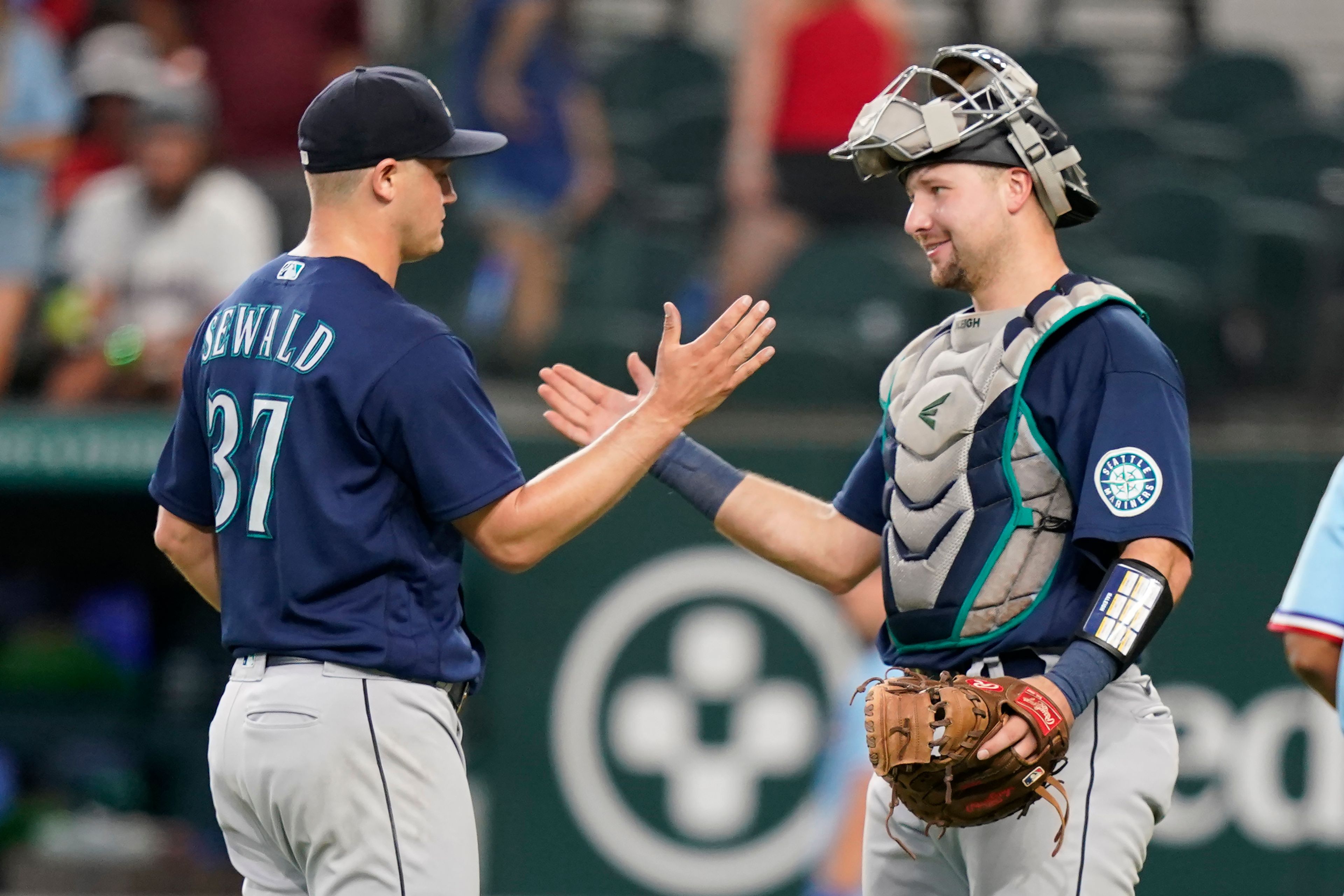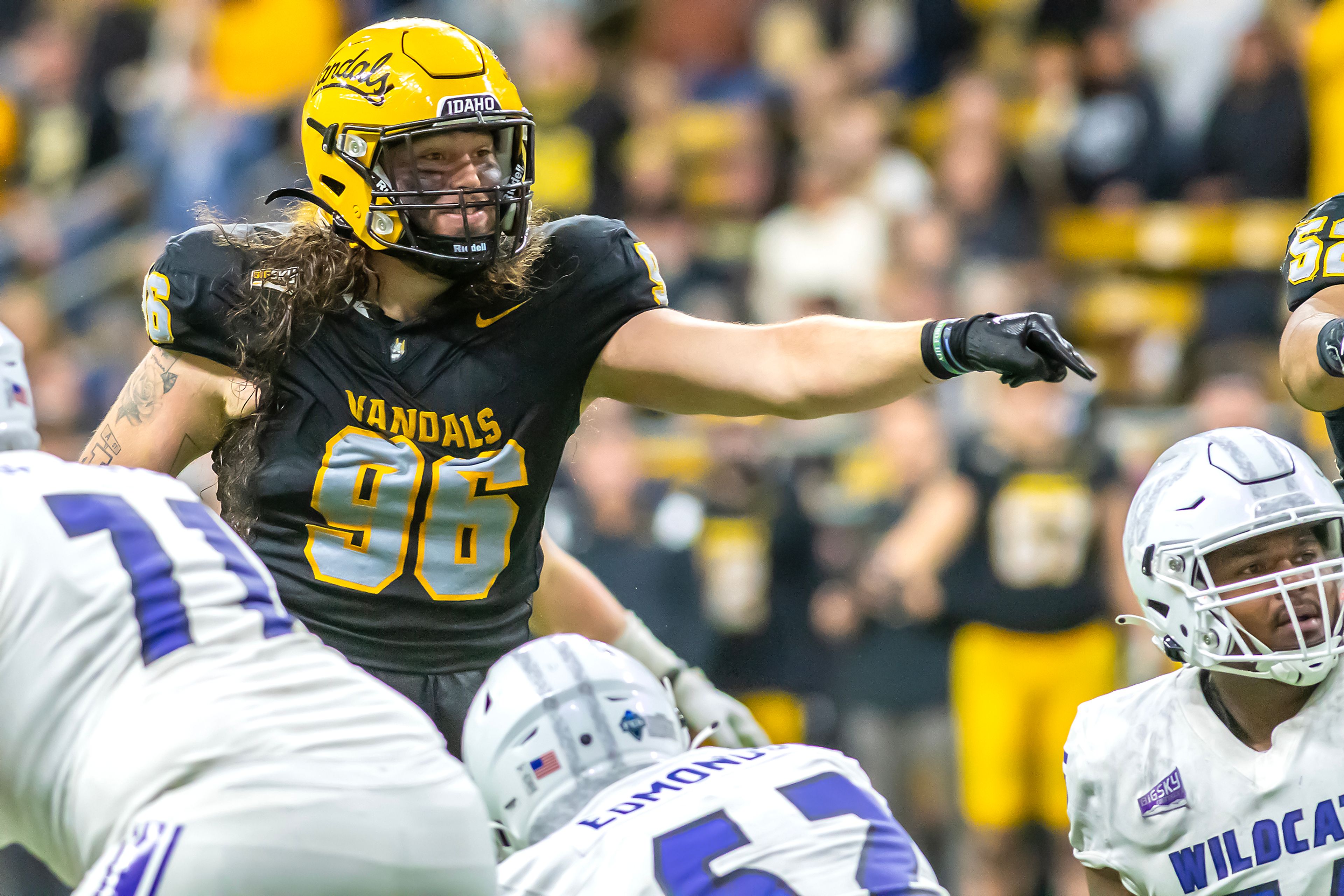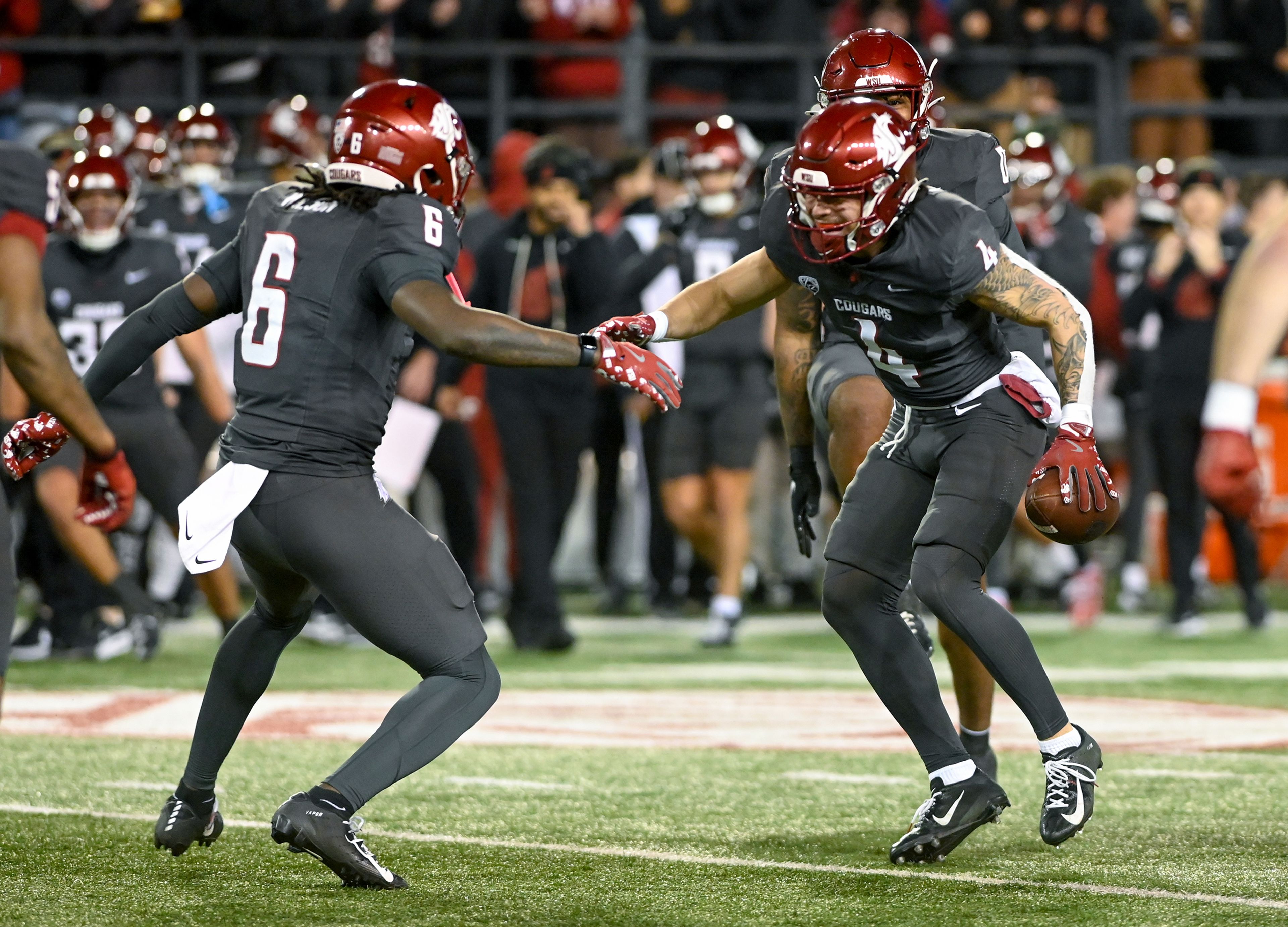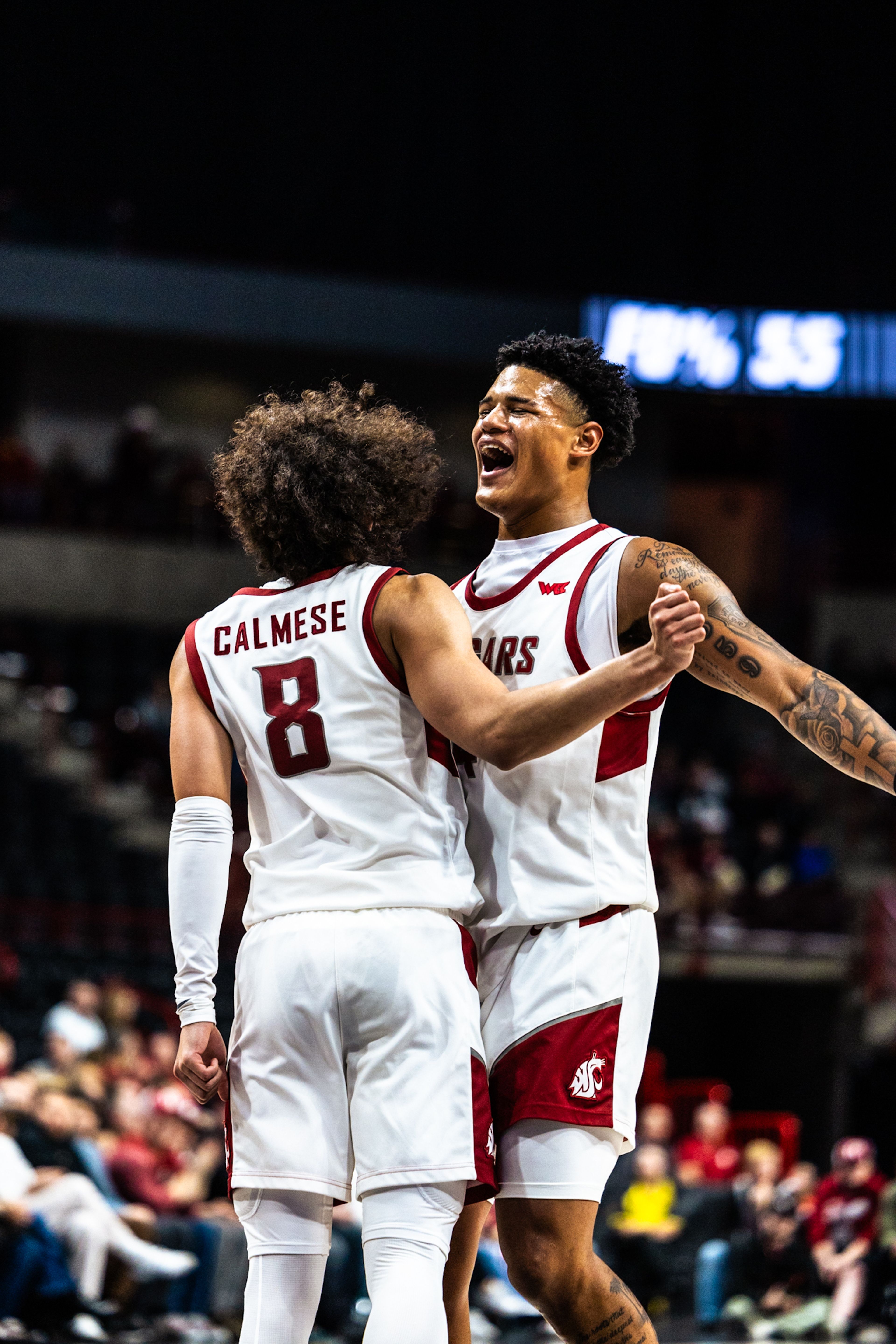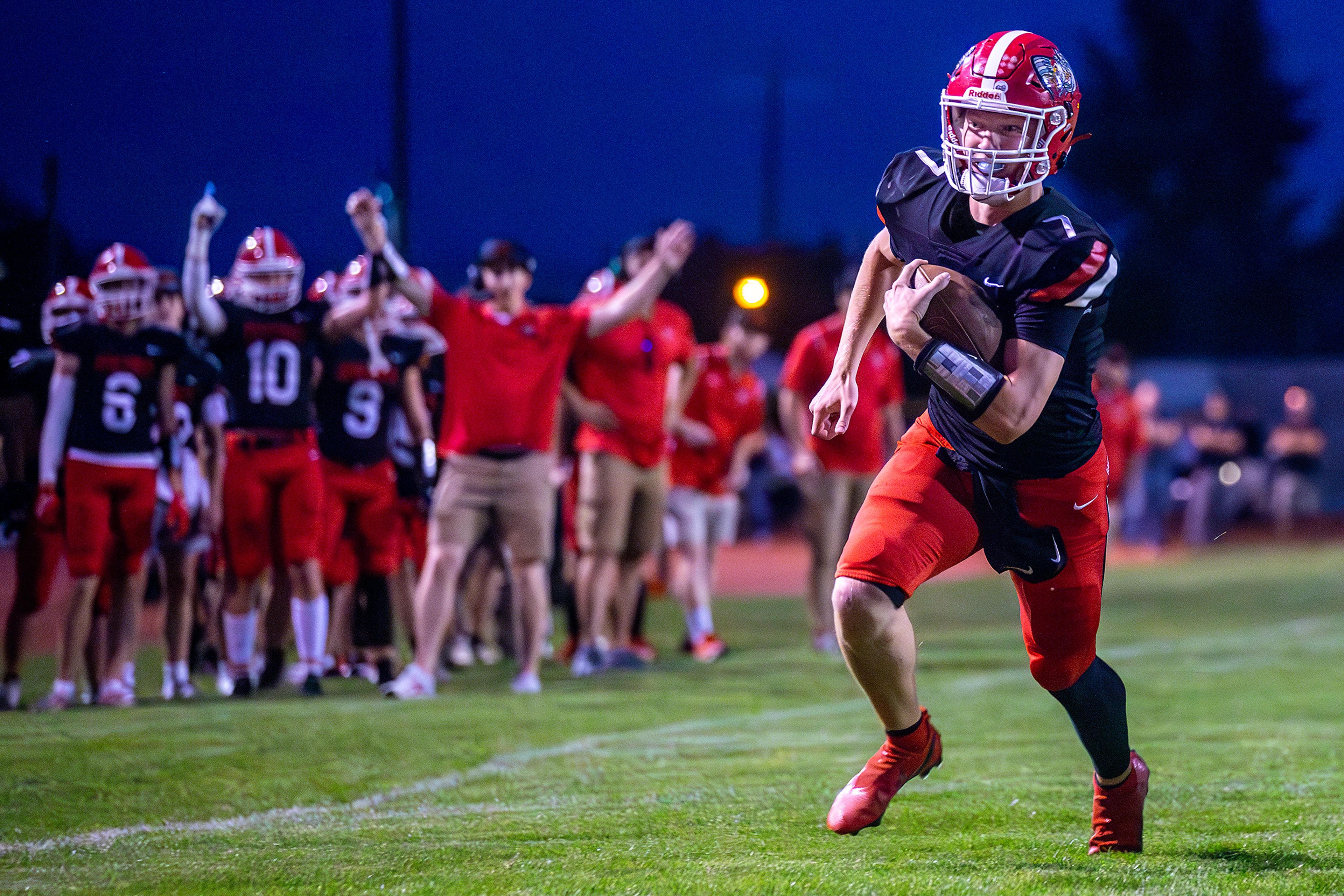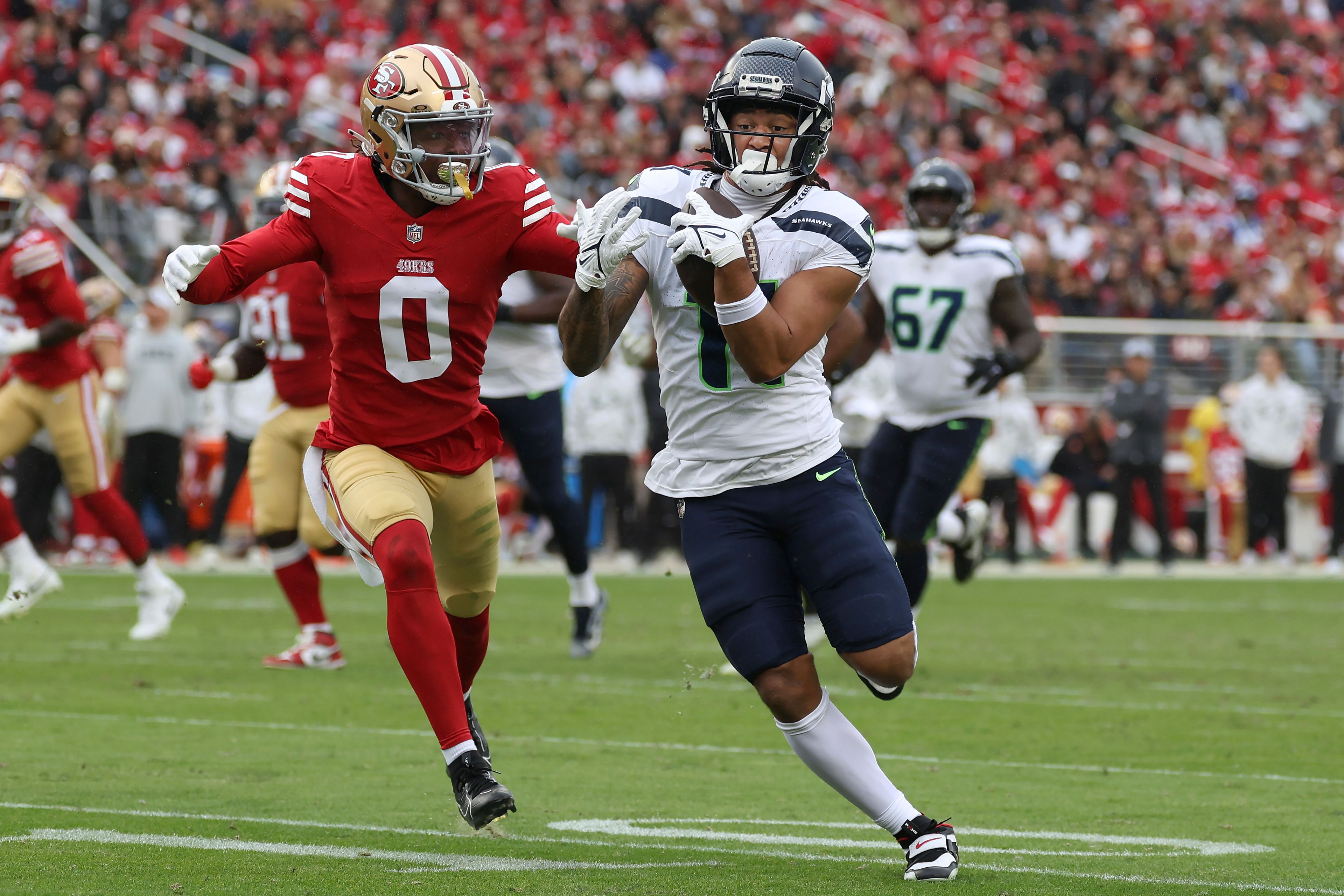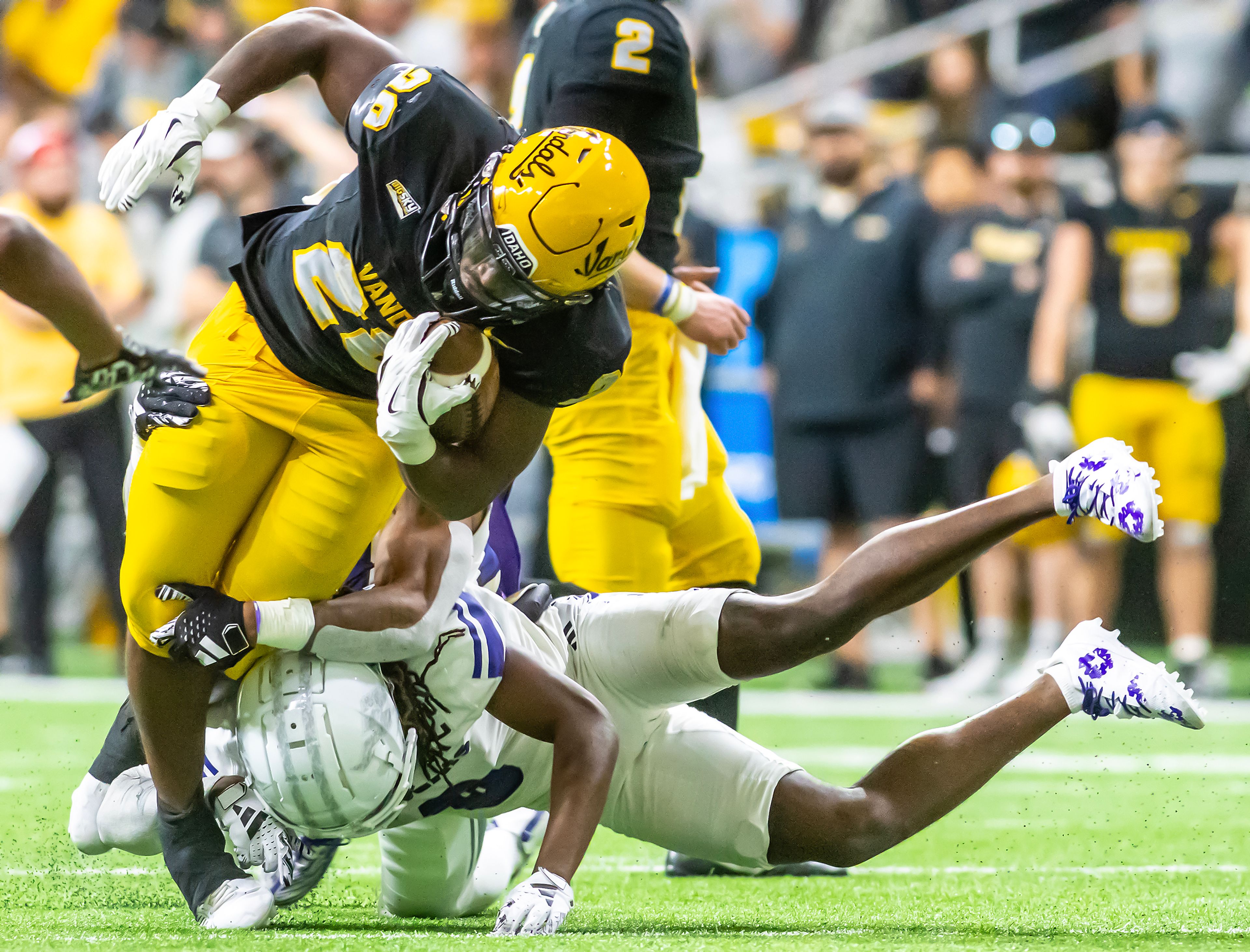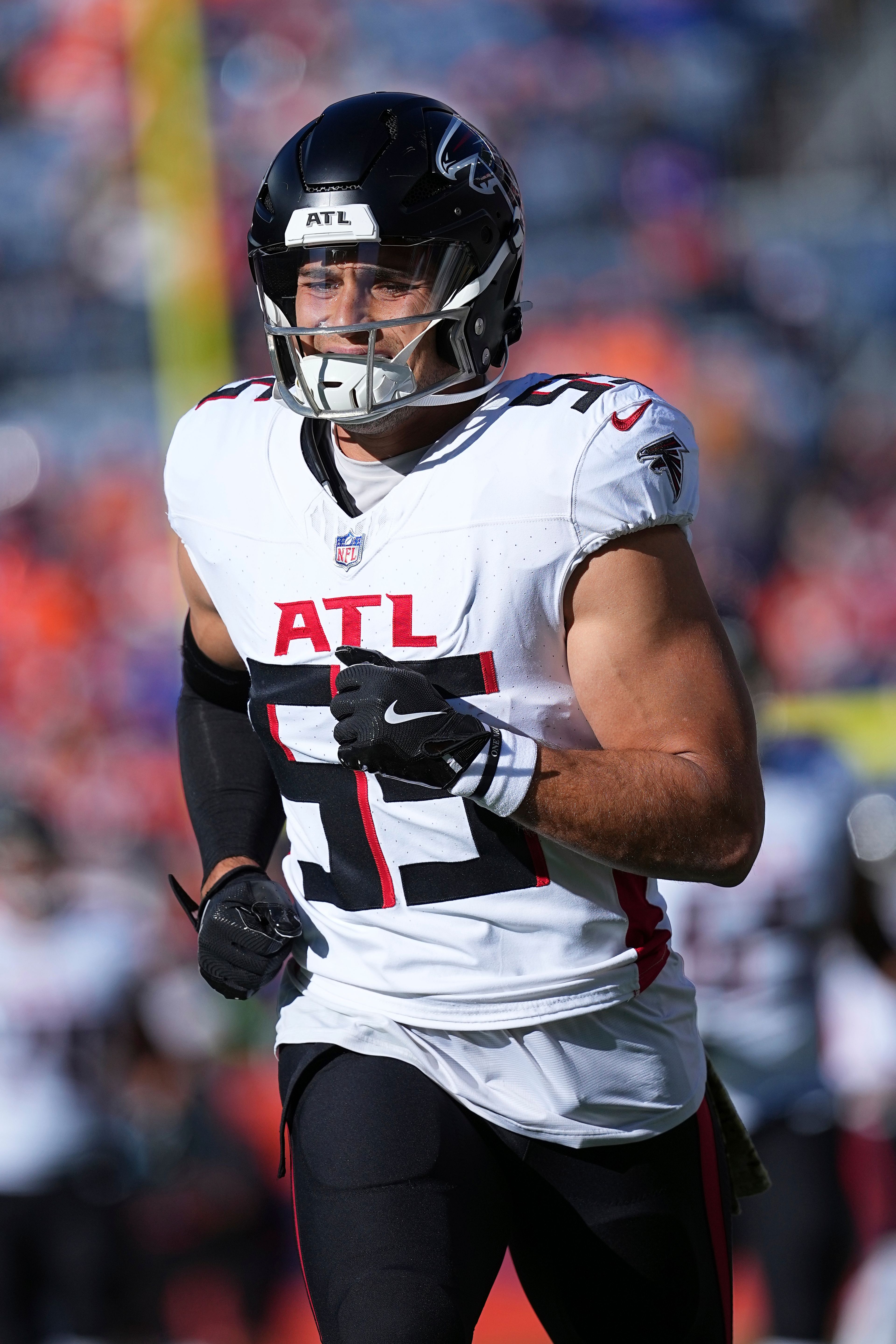Mariners coming in hot out of break
Brawls, team meetings, and more; how the Mariners became the hottest team in baseball
The reasons for the Mariners’ magical success aren’t as theatrical as one might expect or hope when trying to build a narrative that doesn’t really exist.
Contrary to popular belief from many fans, the infamous brawl with the Angels wasn’t the defining moment that united the team. They already felt united and playing for each other.
If you recall, they’d won five games in a row prior to that Sunday in Anaheim and lost a winnable game that would’ve made it six in a row and lost the next day to Baltimore.
There was a fear within the clubhouse that the subsequent suspensions stemming from the fracas provoked by the Angels and interim manager Phil Nevin might send them into another spiral of losing.
The success didn’t come with the team meeting that was held on the morning of Sunday, June 19. While the details of the meeting weren’t revealed by manager Scott Servais or the players, sources indicated it was sort of like the “airing of the grievances” rite in Frank Costanza’s “Festivus” holiday.
They were actually shut out 4-0 later that afternoon by the Angels, dropping four of five games vs. their AL West rivals and finishing an 11-game homestand with a 3-8 record.
“We had a big series that could’ve turned the tide a little bit and instead we dug ourselves a little bit of a bigger hole to get out,” an irritated J.P. Crawford said postgame. “We’ve got to really flip the switch, NOW. We haven’t been playing well, offensively especially. We haven’t been getting hits, we haven’t been driving people in. We haven’t been doing our jobs.”
A team that came into the season with expectations of the postseason was already trending toward irrelevance before the All-Star break, falling to 29-39 and eight games back of the third wild-card spot with six teams in front. An awful May (10-18) was leaking into June.
The Mariners couldn’t score runs. They missed the presence of Mitch Haniger in the lineup and in the clubhouse. They were tantalized by Kyle Lewis returning to play a handful of games, making a noticeable impact and then tormented when he was sidelined with a concussion. They couldn’t get a big hit when it mattered, often striking out instead. They were wasting quality starting pitching performances. And they were losing close games they were used to winning.
It was lackluster, uninspired baseball.
Something needed to change, or change would be forced upon them.
“We just got beat four out of five by a team that had lost 14 in a row not too long ago,” Servais said after the game. “So it does turn. It flips. That being said, it has to come from within our clubhouse. There’s no quick fix. There’s no magic pill or potion. There’s no rah-rah speech that’s going to work and it has to come from within.”
With no games on that Monday, speculation was rampant that somebody, probably not Servais, was going to be fired on the coaching staff. That’s what teams do in this situation. That’s what past Mariners regimes have done under similar circumstances.
“We don’t want to be here like this right now,” Crawford said. “It’s up to us as leaders to make sure we don’t stay in this spot. We need to start this next road trip hot and handle business.”
They returned to action on Tuesday at the crypt known as the Oakland Coliseum. Playing in front of a sparse crowd, smaller than a 2A football game, the Mariners got a strong start from Marco Gonzales — seven innings pitched, two runs allowed on seven hits with a walk and two strikeouts — and back-to-back-to-back homers from Julio Rodriguez, Jesse Winker and Eugenio Suarez off reliever Austin Pruitt to roll to an easy 8-2 win.
Counting that victory, the Mariners would prevail in 22 of their remaining 25 games going into the All-Star break, including the current 14-game winning streak that is the second-longest in club history.
That stretch catapulted them into the second American League wild-card spot with a 51-42 record, a half-game behind the Tampa Bay Rays (51-41).
The only team to have a better stretch of success in team history was, of course, the 2001 Mariners, who went 23-3 from May 9 to June 8 en route to winning 116 games. No team in MLB history has won 14 straight games going into the All-Star break.
They went 10-1 when Crawford served a four-game suspension followed by Winker serving a six-game suspension and Rodriguez serving a one-game suspension. They also played 12 games without Ty France, who was on the injured list with an elbow strain.
So what happened? What was the one thing that brought his team together and turned them into a winner?
“Nothing,” Gonzales said. “I’ve been saying the same thing for months. We’re a talented group, we put the work in, we have fun and we take it one day at a time. I’ve been saying the same thing. So nothing’s changed.”
The Mariners’ pitching did change. It went from great to brilliant during that stretch. Seattle’s pitching staff had the lowest ERA (2.45) in all of MLB during that spot. The starting rotation has a 12-3 record in those 25 starts with the third-lowest ERA (3.15) including 14 quality starts. In 21 of those 24 starts by the regular rotation (one bullpen start), Seattle’s starter pitched at least five innings.
The bullpen has been the best in baseball, posting a 10-0 record with 12 saves, a 1.49 ERA, a 1.8 FanGraphs WAR, a .167 opposing batting average — all league-leading numbers.
To Gonzales, Crawford, France and other players that returned from last season’s 90-win team, the key to success was consistent daily preparation. If you do all the things to prepare to win every day, the execution and results will eventually follow.
“We knew we had a good baseball team,” France said. “We knew if continued to prepare the way always have, it would come together.”
After a 4-1 loss on June 16 that dropped them to 28-36, Gonzales was adamant the team would be fine.
“We are too talented, we have too good of a group to think: ‘What’s wrong? What are we doing differently that needs to be fixed?’” Gonzales said postgame. “Our main principles that we live on is getting better every single day, coming in and working our tails off and competing. We’ve checked those boxes. The results aren’t always what we want them to be. But we have to control what we can control and right now I can say we are doing that.”
He reminded people of that after Seattle’s 6-5 win over the Rangers on July 14.
“I’ve been saying the same thing for months when I think we were 10-11 games under .500,” he said. “Everybody was saying, ‘what are you guys going to do? What’s going to happen? What needs to happen?’ I said we just need to stick with it, put our heads down and go to work. That’s honestly what we’ve been doing and we’re having fun doing it. We knew the tides would turn.”
With so many new faces on the team, Servais pushed the expectation of preparation. It took a few meetings early in the season.
“It’s an adjustment for those guys on our process, how we approach things, what our standards are and how we do things,” Servais said. “Guys didn’t understand why we do what we do and how we prepare the way we prepare. I very bluntly said, ‘This is what we do and we’re not changing. If you don’t like it, then you probably won’t be here very long.’ We weren’t going to change the standard because we have different players, who weren’t comfortable doing it. There’s a right way to do things. It’s how we do it. It works for us. Those guys got the message.”
Eventually.
“I think they understand the value of it,” Servais said. “Until you kind of see it play out over time it’s hard to just take it at face value. You have to see it play out. And it has played out. It’s not just — roll the balls out, let’s take BP and see how many homers we can hit.”
But the brawl? The team meeting?
“Our turnaround here has been driven by a number of different things, but I’ve said it from day one, our guys come in and they prepare and they’re ready to compete,” Servais said. “I don’t care who’s on the other side coming after us. They’re ready to go.”
